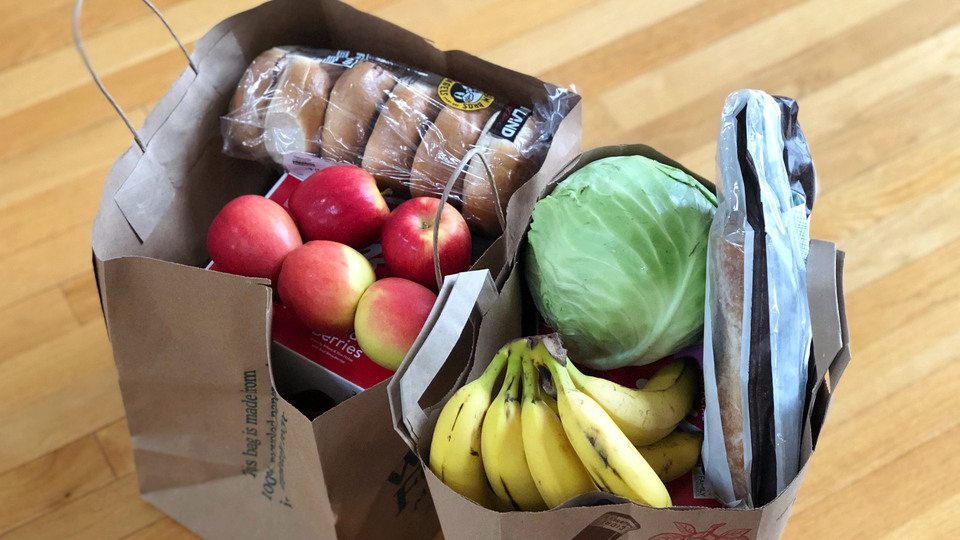
Households to receive support to become more circular
IVL is participating in the new EU project CARE, which will help 100 households in Europe to become more climate-smart and circular. The project focuses on two areas – food and fashion – where households will receive inspiration and help to make more sustainable choices in everyday life.
.jpg)
"We will provide advice and practical support in the form of various tools that households can use. The aim is that they will then serve as good examples for others, and demonstrate how we can switch to more sustainable consumption patterns", says Annelise de Jong, researcher at IVL Swedish Environmental Research Institute.
The CARE pilots will be implemented in five regions – in both urban and rural areas – that are part of the Circular Cities and Regions Initiative (CCRI). In Sweden, some 20 households in Gothenburg will be selected in cooperation with the City of Gothenburg.
The focus will be on clothing and food, as these account for a large share of households' consumption-related emissions, but also because these are areas where there are many relatively simple things and improvements that households can do. The challenge is to come up with solutions that work in practice, and therefore the project will work in close co-operation with households and be based on the challenges they face on a daily basis.
"An important aspect of the solutions we develop is that they should also contribute to improved quality of life and well-being. These services and pilots can then be communicated more widely through households' own stories, and be made available to more actors, and be extended to more consumption areas such as furniture, plastic products and mobility”, says Annelise de Jong.
The project has an interdisciplinary approach. The effectiveness of the pilot projects in reducing climate and environmental impacts will be calculated using life cycle analysis.
For more information, contact:
Annelise de Jong, annelise.dejong@ivl.se, tel. +46 (0)10-788 69 36
CARE – Circular consumption activities to transform households toward material efficiency – is funded within the European Framework Programme for Research and Innovation, Horizon Europe. It is led and coordinated by Tampere University in Finland. The households in the study will be in Gothenburg, Berlin, Tampere, and in the municipalities of Asker (Norway) and Lääne-Harju (Estonia).
